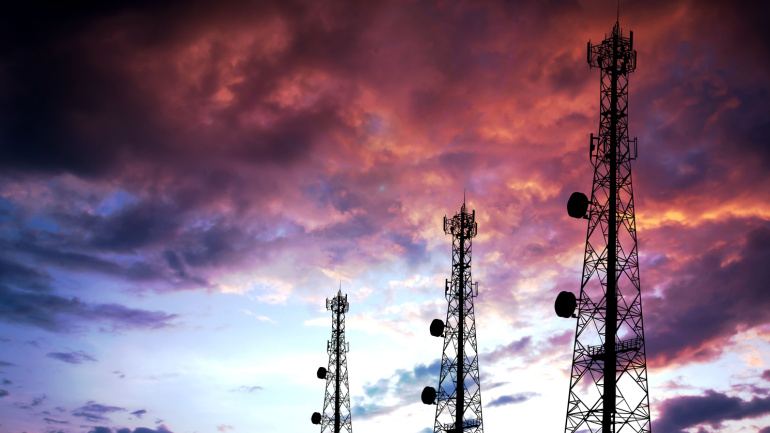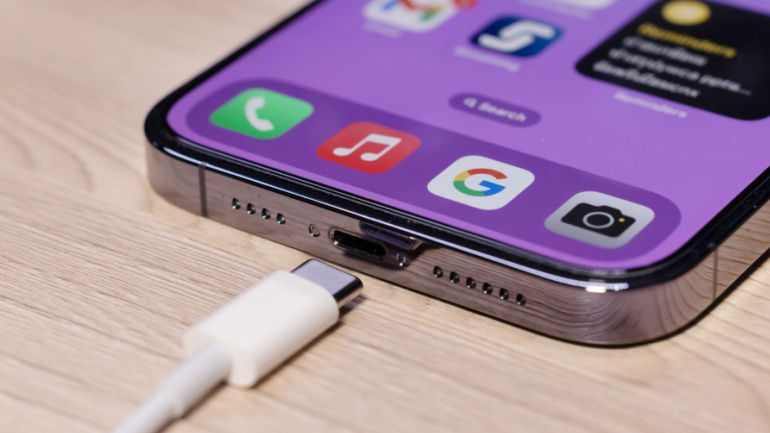Telecommunication giant BT, in collaboration with Nokia and MediaTek, is exploring the potential of 5G Reduced Capability (RedCap) for Internet of Things (IoT) applications. Recently conducted trials at BT’s research centre aimed at uncovering new use-cases for this technology, which, simplified and less complex than 4G, promises a more efficient IoT ecosystem. As suggested by BT’s Chief Networks Officer, Greg McCall, the RedCap technology could “unlock a new wave of innovation” within the 5G landscape.
The Ultra-Broadband Forum 2023 has seen industry leaders propose the revolutionary 10 Gbps City Initiative, aiming to construct digitally transformative and ultra-connected cities. Beyond being a mere term, the 10 Gbps City represents a significant shift in infrastructural development. This ambitious project hints at the power of telecommunications transformation, driving the digital economy to unexplored territories. Governments hold the key role in accelerating these changes, as they can bridge digital divides and facilitate universal digital services.
Anticipation builds as the international telecommunication industry readies for the 2023 Global Telecoms Awards, offering a glimpse of the brightest advancements in the sector. This year’s fierce competition promises a thrilling revelation on November 30th, stretching from top-shelf 5G innovations to groundbreaking strides in AI and sustainable telecom solutions. Coinciding with the awards, the Future Vision Executive Summit promises to stimulate discussion on pressing telecom industry topics. Don’t miss out, the future of telecommunications unfolds here.
Nepal’s move into 5G has hit a deadlock due to geopolitical tensions, resulting in halted trials. Interestingly, at the heart of the issue is the importation of necessary equipment from Chinese firms amid corruption allegations and international contentions over security. The telecom industry in Nepal fears this impasse may set back tech enhancements, revealing global tensions’ significant impact on local infrastructures.
The European Commission is urging member states to conduct shared risk assessments in key tech realms including advanced semiconductors, AI, quantum tech, and biotech. Amidst the cloud of geopolitical tech skirmishes, EU stands poised to protect sensitive technologies and is resolved not to preemptively decide on any corrective measures. Only time will reveal the Commission’s next steps after risk assessments.
Amid growing inflation and swelling telecom budgets, the advent of 6G brings in costly implications tied to Radio Access Network (RAN) equipment. As these financial implications loom, The Next Generation Mobile Network (NGMN) Alliance proposes a different approach to 6G implementation that may spare existing 5G infrastructure from unnecessary renewal. They advocate an operator-driven decision process in refreshing the 5G RAN, maintaining that 6G upgrade should not compromise 5G user experience and should be software-upgradable on existing network elements. As 5G capex reaches its peak in markets like the U.S., NGMN’s stance could potentially redefine traditional strategies in introducing new generations of mobile technology.
With Vodafone’s pending merger with Three, concerns mount over potential access to sensitive UK government data by foreign entities, chiefly China. Unite the union has issued a report detailing alleged connections between Three’s controlling CK Group and the Chinese government, raising concerns over integrity of communications within governmental public sector clients served by Vodafone including the NHS and Ministry of Defence. Is the potential for this large scale data breach being overlooked? T
The unveiling of Apple’s four new iPhone models sparked a surprising underwhelm in the tech community. Meanwhile, debates rose regarding China’s nimble navigation around US tech embargoes, especially regarding iPhone use. No less intriguing were the discussions around Open RAN – tech pioneers revisited this initiative with the UK’s recent efforts to regain Open RAN momentum.
Apple’s recent unveiling of four new iPhone models, with prices starting from £799, highlights the company’s steady stream of innovation. This release has also stirred debate among smartphone enthusiasts questioning the extent of the innovations, especially considering the premium pricing. Despite predicted criticism, Apple maintains its market dominance by committing to incremental upgrades, asserting a commitment to environmental responsibility, and boasting durable, low-bug products.
Telecom equipment expenditure in North America experienced an unexpected downturn in the first half of this year. Despite global telecom hardware revenues remaining steady, North America’s marked decline significantly impacted the total number. In contrast, other markets, particularly Asia-Pacific, showed robust growth. The reasons behind North America’s decline extend to slowing 5G expenditure and reduced spending on broadband access equipment. Looking ahead, no major global alterations are anticipated, though the volatility of the telecom industry hints at potential changes.













